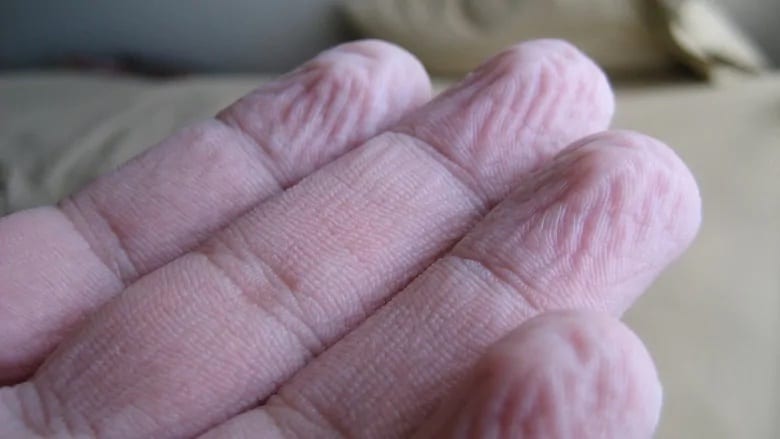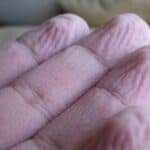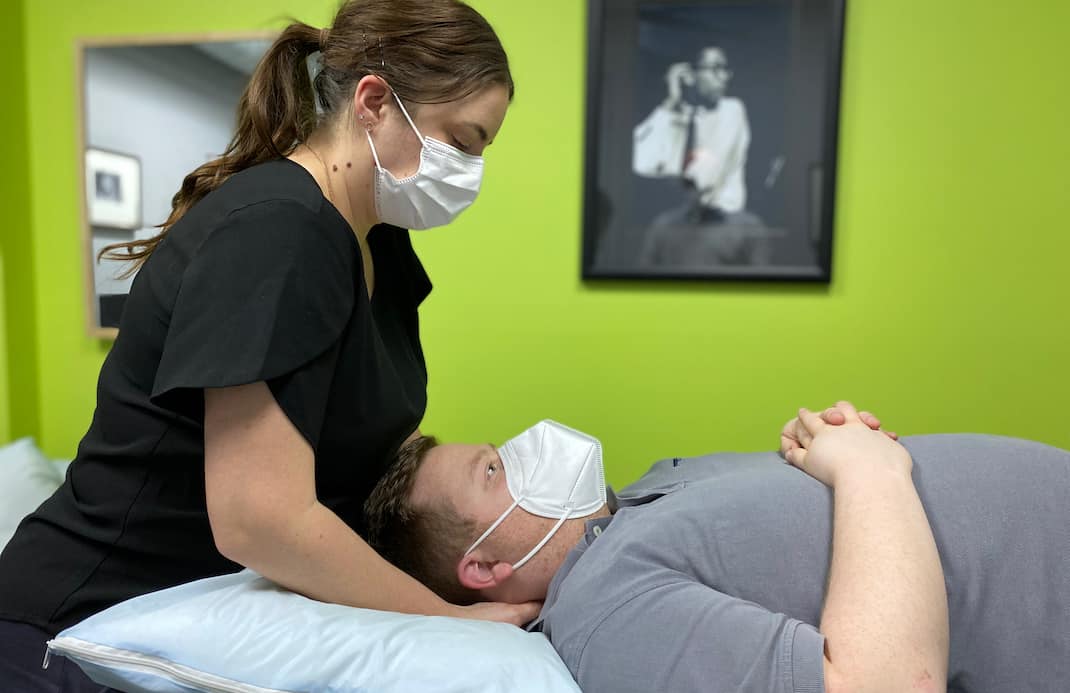In the fourth installment of our ‘use it or lose it’ theme, Steph Korolis has written this summary to help understand tendons better.
Tendon pain is a really common problem in the body. It can develop in any tendon within the body. It can often be quite persistent and can be the result of a number of factors.
By the way, a tendon is the attachment of a muscle to bone. Compare this to a ligament which is what joins two bones together.
Hopefully from our previous blogs you have learnt that many different tissues in the body like to be used – muscles, bones, brain – and tendons are no different! They like to be exercised and exposed to load as well. It is what keeps them strong and healthy, just like bone, muscle and brains.
Much like muscle and bone, too much use can also be a problem.
(sidenote from Russell – from a physiological point of view, I don’t think that overuse is an issue with the brain. You could argue that overthinking problems, or worrying about things that could happen is brain overuse, but that is a whole different story!)
Problems can happen if tendons are overloaded, and especially after tendon tissue hasn’t been used much for a while.
Tendinopathy is the the term for pain and changes in a tendon. It can often be a chronic condition ie longstanding.
Any kind of mechanical load stimulates a tendon – the problems start when there is:
1. too much load
2. too much load too quickly
3. too much load for too long, or
4. too much load after a prolonged period of too little load.
The exact amount of load that induces pathology is currently not clear, so it is hard to give definite answers, but it is probably going to relate to quite a few factors, possibly including age and pre existing tendon health.
It is known that enough time between bouts of load is important to allow a tendon to respond appropriately and adapt to the load.
Current research looks into a proposed model of tendon pathology that outlines the long term effects of tendon pain. It suggests that there is a continuum of tendon pathology that has three distinct stages.
- Reactive tendinopathy
- Tendon dysrepair
- Degenerative tendinopathy
If you have a tendinopathy, the most important thing to know about your tendon pain is what stage you are in, as this will largely dictate the best way to help it.
Particularly when you have a tendinopathy, there is quite a fine line of when exercise can become too much or too little for our tendons.
Therefore appropriate guidance during these stages is crucial and will further assist with pain management and a safe return to exercise or sport. This is where a physio can help out!















